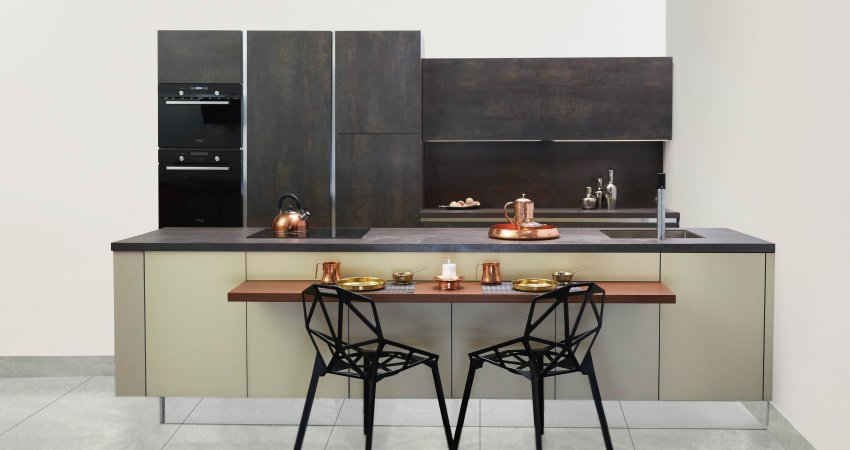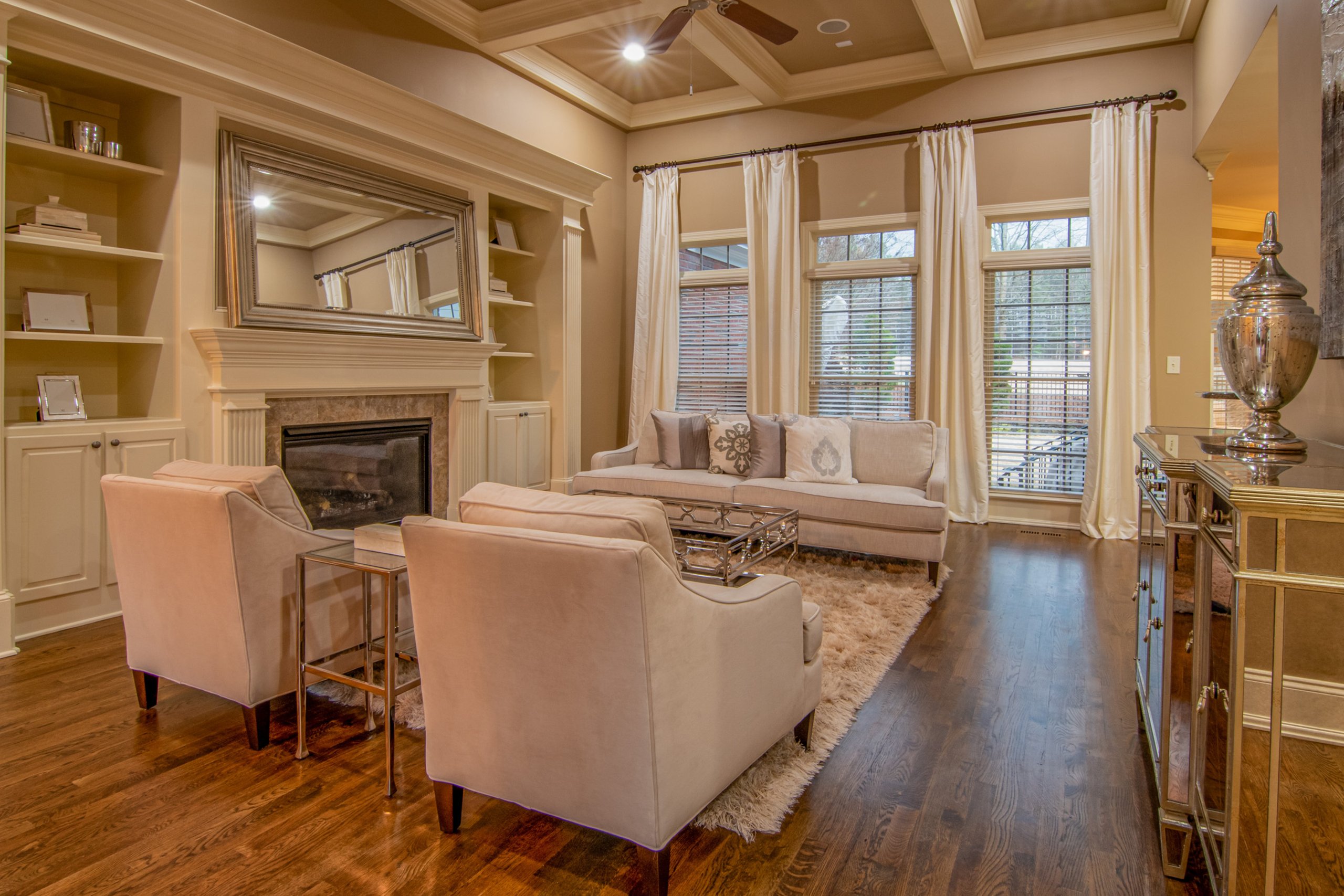You can save money by enforcing home security in many ways. For instance, installing a fire alarm in your home could save you thousands of dollars in the future. The first thing you want to do when considering home security is to decide how much security you need. Do you live in a rough neighborhood? Is your neighborhood secure with Neighborhood Watch programs? Do the police respond to 911 immediately? Do you know how many predators are in your neighborhood?
Sex offenders are increasing. To learn how many predators is in your neighborhood visit the Sex Offender Register online. You want to protect your children outside of your home as well. If you live in a rough neighborhood, you may want to consider home security systems. You can purchase intercom systems, home security systems, and more online. Online you will find bargains on a variety of products.
When you consider home security systems, you want to consider the source. Does the company offer you competitive pricing and savings? Do the home security systems have a good reputation and do the systems offer quality? Are the home security systems updated, and created by state-of-the-art technology solutions? Will the home security system provide you 24/7 home security through a monitoring device? Does the system have cast iron locks in the rate of monitoring? Is there a lifetime warranty that guarantees to replace parts in the event damage occurs due to faulty manufacturing? Can you get discounts with the home security system if you have insurance? Will the system give you and your family the peace of mind they deserve?
When you consider home security systems, you want to forget generics and think of complete security. Buying an inexpensive system may not protect your family. Still, you want to find home security systems that will save you money, as well as provide you and your family comprehensive protection.
Do you know how much carbon monoxide is spreading in your home? Has your home been tested for carbon monoxide? If you think you are safe, then consider the following information. Each year during the winter months, stories go live in the media, news orgs, etc. The news tell use that consumers give way to CO. (Carbon Monoxide) Carbon monoxide is a odorless, colorless, and poisonous gas, which leaks out through thousands of home and is often undetected.
The estimated death count due to carbon monoxide exposure is more than 200 annually, while experts treat ten thousands of patients for carbon monoxide exposure. The deaths and treated patients did not have CO-Alarms in their home to detect carbon monoxide.
Now, let me ask you again, do you know how much carbon monoxide is spreading in your home? Has your home been tested for carbon monoxide?
You should install a CO-Alarm inside your home, which should be installed away from the areas your family sleeps. The alarms should not be placed near areas where gas burns, such as stoves. Keep the alarms around ten feet away from all gas burning appliances? Once you install your CO-Alarm be sure to test the system regularly, as well replace the batteries annually. DO not put cheap batteries in the system.
In the event your alarm sounds off, be sure to press the �Reset and Silence Button�. Immediately call emergency numbers, such as 911, as well take your family outside where they can breathe fresh air. Count each head in your home to make sure everyone is safely out of the home. You should not re-enter the home until emergency experts test, and decide what is needed to fix the problem.






